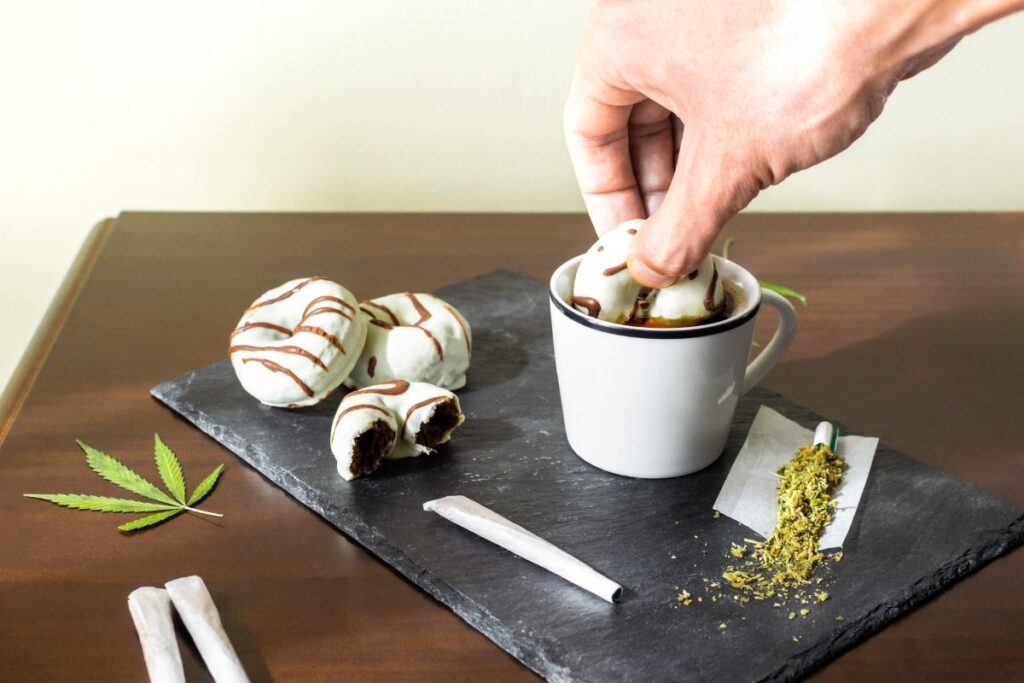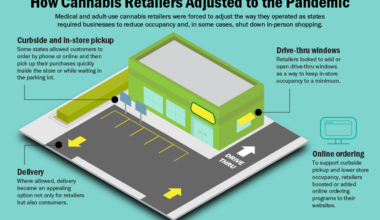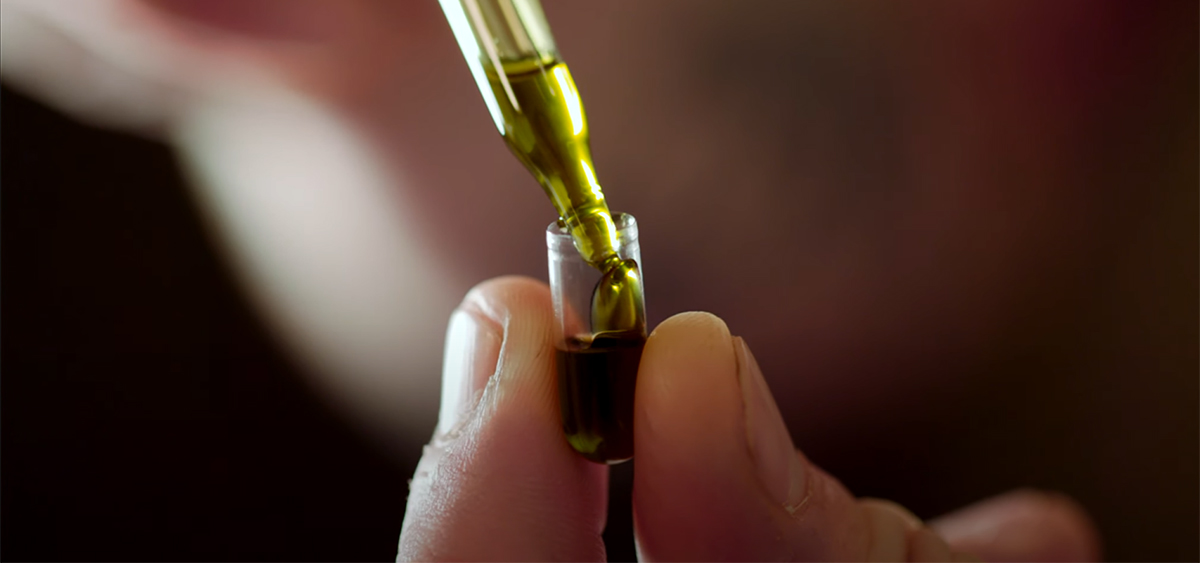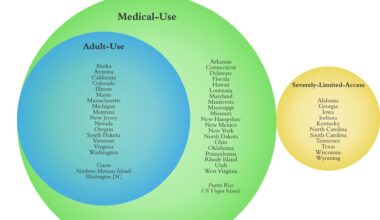Eating sweets can be rewarding, especially as this activity initiates the release of dopamine in the body. However, the frequent and excessive consumption of sugar can have negative effects such as extreme weight increase, increased risks of diabetes, and bigger chances of developing addictive behavior. Yes, you read that right: sugar can be addicting.
Because of the addicting potential of sugar, it is important to look for ways to overly recurrent and uncontrollable sugar cravings. According to researchers, cannabidiol (CBD) can help. Here’s what you need to know about the connection between curbing sugar cravings and CBD.
The Science of Sugar Craving and Addiction

The rewarding aspect of eating sweets is fine in moderation as dopamine is a neurotransmitter that helps us feel pleasure. However, the consistent overconsumption of sugar can cause a deficiency in the pleasure center of the brain.
This means that every time a person overeats sweets, less and less dopamine is released. To reach the sugar high they are looking for, they feel the need to eat more, creating a vicious cycle. In short, we are building up sugar tolerance.
Moreover, sugar also activates the brain’s opiate receptors, leading to addictive behaviors such as compulsiveness. As we frequently eat sweets, the neuropathways created by sugar consumption hardwire the brain to crave sweets more and more.
How CBD Can Curb Sugar Cravings

Cannabis consumers are familiar with the munchies and because CBD is a component of this plant, many mistakenly assume that the cannabinoid can increase appetite. However, it is important to know that the cannabinoid responsible for increased appetite is tetrahydrocannabinol (THC). Meanwhile, CBD is known to have a regulating effect, which means that can help restore balance in the body.
One way CBD extract can help in curbing sugar cravings is by reducing appetite. This cannabinoid interacts with the endocannabinoid receptor called CB2. When this receptor is stimulated, the effect is a decrease in inflammation and reduces cravings for food. This may help minimize the urge to consume sugar.
It is important to note that this chemical compound has shown potential in treating patients with opioid addiction. In fact, it is found to minimize drug craving and anxiety caused by withdrawals. Its ability to regulate the body’s reward center also plays a huge role in this.
Now let us consider the difficulties of withdrawal. Just like drug abusers who undergo negative effects as the body adjusts to the lack of drugs in their system, those who overconsume sugar also have the same. The lack of dopamine and the active opiate receptors due to sugar withdrawal can cause low moods, headaches, lack of energy, irritability, and nausea among other symptoms.
The good news is this cannabinoid shows potential in addressing these effects. CBD can decrease blood sugar levels because of its anti-inflammatory and antioxidant properties. It also shows potential in improving liver health.
It can also prompt weight loss by converting bad fat (or white fat) into good fat (or brown fat), which can instigate the burning of calories. Research says that over time, CBD can change how fat cells act, which makes them more active, thus has more potential to burn off energy.
The Bottom Line
CBD products such as oil, capsules, and tinctures can help in curbing sugar cravings. The best part is, this compound can also help in addressing its effects and withdrawal symptoms. So, make sure to check out products available in your nearest dispensary.
The post Discover How CBD Can Curb Sugar Cravings appeared first on Plants Before Pills.
Medical Disclaimer:
The information provided in these blog posts is intended for general informational and educational purposes only. It is not a substitute for professional medical advice, diagnosis, or treatment. Always seek the advice of your physician or other qualified healthcare provider with any questions you may have regarding a medical condition. The use of any information provided in these blog posts is solely at your own risk. The authors and the website do not recommend or endorse any specific products, treatments, or procedures mentioned. Reliance on any information in these blog posts is solely at your own discretion.







